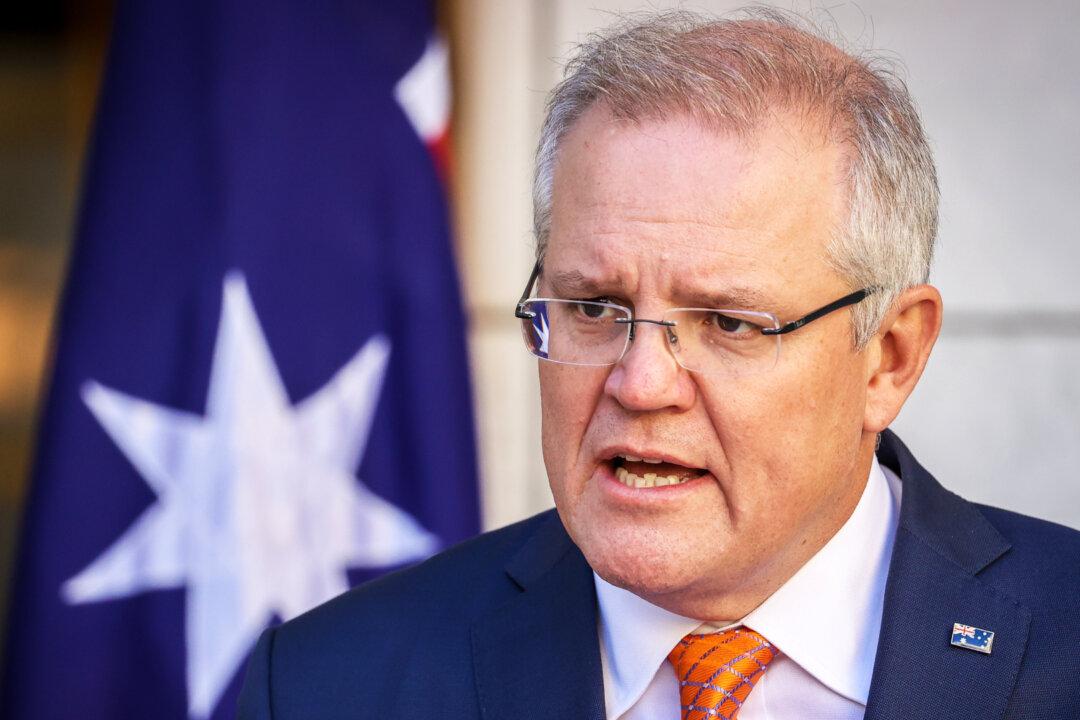Australia’s federal government will flex its constitutional muscle with new laws that will likely kill controversial arrangements made with Beijing by state and local governments, as well as universities.
Arrangements with Beijing-connected entities that will likely come under the microscope include the controversial Belt and Road Initiative in the state of Victoria; Confucius Institutes in Australian universities; academic partnerships with Chinese institutions; sister-city agreements with Chinese authorities; and even the Port of Darwin lease.





